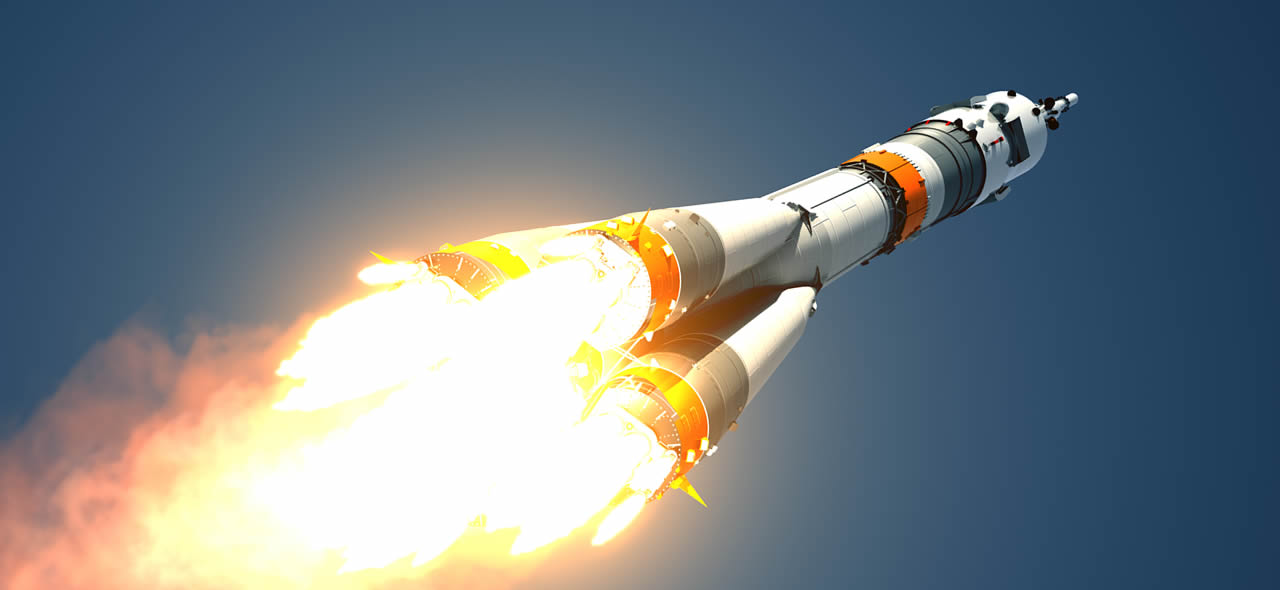
The October 11, 2018 launch of an American astronaut and Russian cosmonaut into space was supposed to be an event to remember. Indeed, the world will always recall the rocket's launch but not in the way that NASA and Russian space officials had hoped. Instead, the day will be remembered as one on which the two crew members narrowly escaped tragedy shortly after launch.
The mishap of the Soyuz MS-10 rocket launch sparked a fast-paced and intensive review of what went wrong that day. Officials released their findings on November 1, 2018 after reviewing hordes of debris and in-depth videos of the rocket's launch.
Everything with the Soyuz rocket seemed to be perfectly fine the morning of October 11. The two crew members, American astronaut Nick Hague and Russian cosmonaut Alexey Ovchinin, were scheduled to join three crew members already on the International Space Station. The rocket carried both of the crew members as well as supplies destined for the ISS.
The Soyuz rocket launched as expected and propelled upward with no problem for the first 119 minutes. At that point, the MS-10's rocket capsule abort system detected something amiss with the rocket and immediately deployed.
The capsule of the rocket that housed the two crew members quickly was pulled to the side and plummeted to the earth at a G force 6.7 times the speed of gravity. Its parachute deployed, allowing it to land safely on the flat Kazakhstan steppes. The two men were rescued shortly afterward.
While the primary focus of space officials was making certain Ovchinin and Hague were safe and not harmed, they also wondered what went wrong with the launch. As both men were given extensive medical examinations and reunited with their families, NASA and Russian space officials began theorizing that the problem stemmed from one of the rocket's boosters.
Investigators gathered as much rocket debris that they could find on the Kazakh steppes to send to the rocket's manufacturer RSC Energia. They also sent dramatic video footage of the rocket launch and failure so the manufacturer and investigators could determine what went wrong.
The investigative panel intended to release their findings on October 20, 2018. However, their reports were not finalized by that deadline. They did not reveal what went wrong until November 1.
Their suspicions of a faulty rocket booster causing the malfunction proved to be accurate. In fact, one of the four-strap boosters did not separate correctly from the Soyuz rocket. As a result, it compromised the Soyuz rocket in its first stage of launch.
Further, video from the Soyuz rocket along with telemetry data confirmed that the booster was more than likely damaged during the rocket's launch. This deformed booster hit one of the core rocket boosters. It in turn caused the cover of the nozzle on the oxidizer tank to fail to open correctly.
When the nozzle cover did not open as designed, it resulted in decompression, which in turn caused the rocket to lose control over its altitude. Incidentally, evidence shows that the rocket booster that set off the chain of events was more than likely deformed during assembly on the launch pad.
Despite narrowly escaping death, the two crew members say they are going to undertake the mission again in the Spring of 2019. Russian space leaders acknowledge that the rocket is scheduled to be launched again after the turn of the year. Nick Hague and Alexey Ovchinin will be on board so they can join the others on the ISS as intended.
After his rescue, Hague mused that he always knew his first trip into space would be memorable. He never anticipated that it would be as eventful as the Soyuz rocket launch ended up being, however. He is not deterred by what he experienced on October 11. He says his training as an Air Force pilot and astronaut proved useful in saving their lives that day.
The Soyuz MS-10 rocket launch did not go as planned, leading investigators for both the American and Russian space programs to wonder what went wrong. Their reviews confirmed the mishap occurred with one of the rocket's four-strap boosters. With the new evidence in hand, they plan to make the needed repairs and relaunch the Soyuz rocket in Spring 2019.